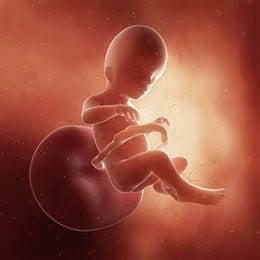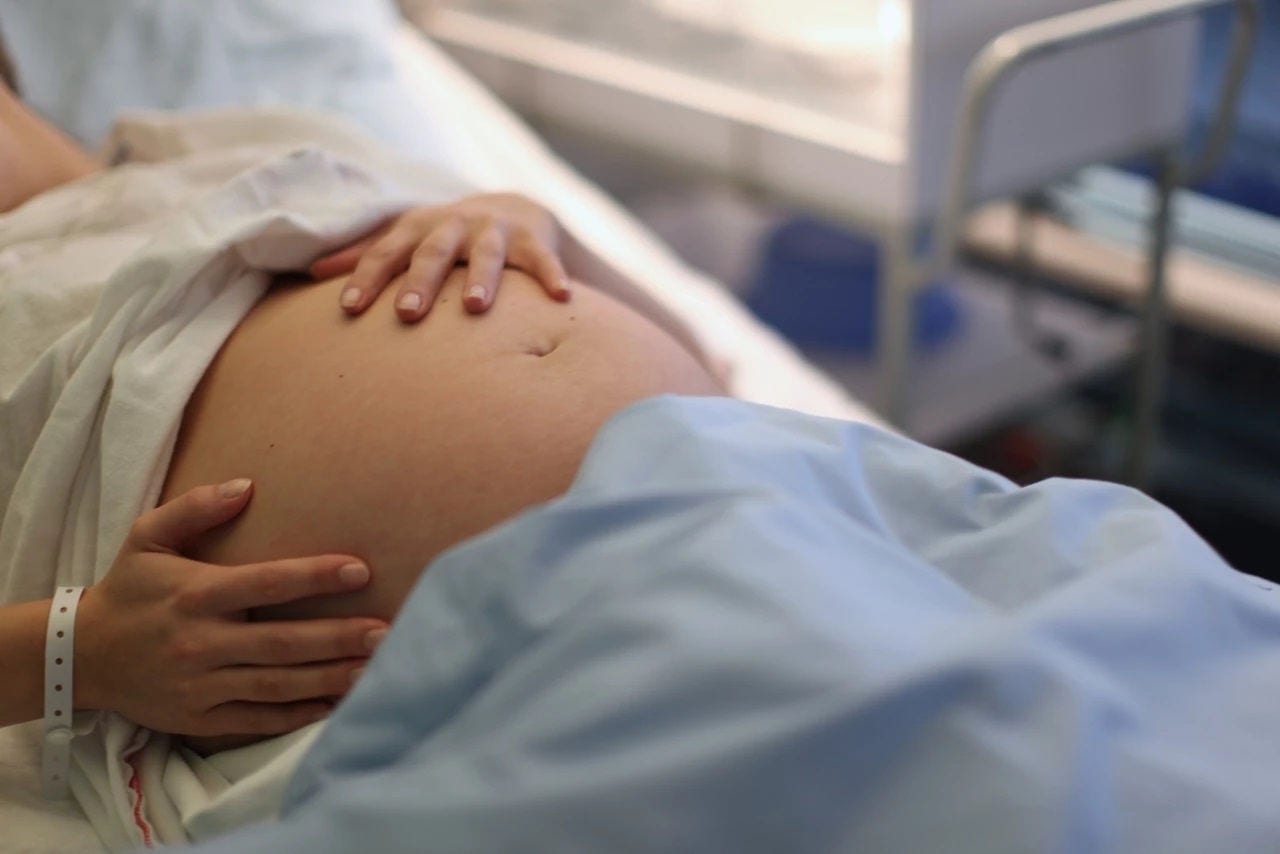You're 20 weeks pregnant and the part of your baby’s brain that controls their senses is developing fast. And their heartbeat can easily be detected now. At the same time, your baby’s skin is secreting a thick white mucus called vernix which acts as a waterproof barrier to protect the skin during pregnancy. Your baby now measures about 22cm from head to toe.
Your baby is the size of a Banana


You & your body
This scan is pretty much the same as your 12 week scan or dating scan. However it can last a little longer – between 30 minutes and an hour. This is because it’s looking at more specific aspects of your baby’s development. Also…a full bladder is recommended!
While the excitement can often revolve around finding out the sex of the baby there are some other very important things the sonographer will be looking out for:
First: From 20 weeks, the sonographer can clearly see individual structures in your baby, structures such as the heart and brain. They will look in detail at your baby’s organs and how things like their hands, tummy, face, spine and feet are forming, as well as the circumference of his head.
Second: The location of your placenta will also be checked. This is to rule out or confirm if it’s low lying which may affect your mode of delivery.
Third: The amount of amniotic fluid will also be measured.
Finally: Should you choose to find out….The sex of the baby!
Finding out the sex is not always 100% guaranteed!!! It depends on what way your baby is lying at that particular time so don’t be disappointed if the sonographer is unable to tell you…They want to be 100% sure too.
Did you know?
Leg cramps are common during the second and third trimesters of pregnancy. It may be due to the extra weight you’re carrying around putting extra pressure on your leg muscles. It could also be linked to not having enough calcium or salt in your blood, dehydration, remaining inactive for long periods of time, or your growing bump putting pressure on your nerves. If you’re worried, your midwife or doctor should be able to help.
More from pregnancy
Pregnancy topics
Any more questions?
Our specialist baby advisors and experienced mums are here to talk and ready to help whenever you need them.
Ask us a question (8am - 8pm Mon-Fri, 10am - 5pm Weekends)
Email us
Send us an email (8am-8pm Mon-Fri, 10am-5pm Sat)
Call Us
Call us on 1800 570 570 (8am-8pm Mon-Fri, 10-5pm Sat)
FAQs
For all the latest information












